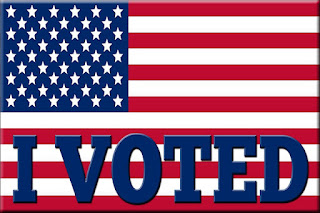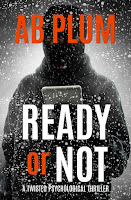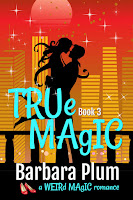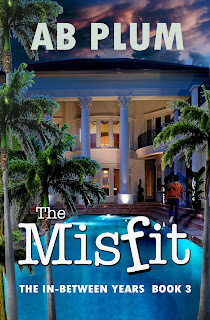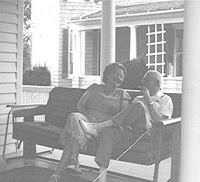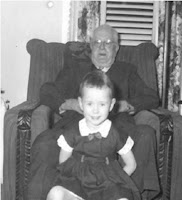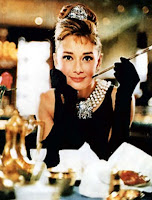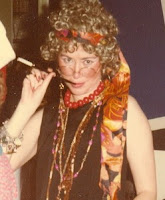¡AY, QUÉ LÀSTIMA!
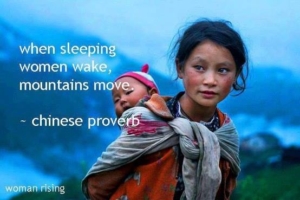 ¡AY, QUÉ LÀSTIMA! by Linda Rodriguez
¡AY, QUÉ LÀSTIMA! by Linda Rodriguez
The men—husbands, father-in-law, cousins—sat in the living room on the flower-covered couch and armchairs or sprawled on the shag carpet in front of the televised football game, beer cans in all hands. The only differences from the majority of living rooms across America were the brand of beer (Dos Equís or Carta Blanca), the painting of Our Lady of Guadalupe above the couch serenely presiding over the laughter and profanity, and the Spanish phrases casually sprinkled throughout the Midwestern English.
“First down! Yeah! Let’s do it again! ¡Otra vez!”
The women, not unlike those in my own father’s family, sat at the kitchen table and stood at stove and counters, preparing meals and gossiping about absent members of the extended family in the same flat Midwestern accents sparked with Spanish phrases. “¡Ay, qué lástima!” was the most frequent. What a shame, or what a mess, or what a tragedy. It was used in all three cases with only a change in tone and the context to indicate which.
Young newlywed with feminist ideas (after all, it was the beginning of 1970, a new age), I planted myself defiantly on that floral couch at my husband’s side. I had grown up playing football with my many brothers. I could yell for a field goal or first down with the best of them. I was going to be an equal, not shunted off to the kitchen to gossip with the women.
And other than a frown from my forbidding father-in-law (who, I was convinced, hated me anyway) and a raised eyebrow from one of my husband’s older cousins, I encountered no real resistance. Most of the younger generation thought it was cool. Oh, I knew the women in the kitchen were shaking their heads, clucking tongues, and whispering about me.
“What can you expect if Mike marries some half-breed Indian girl? ¡Ay, qué lástima!”
So why did I give up my place in front of the TV and under Our Lady’s protective gaze to spend decades of my life in the steamy kitchen, patting out tortillas and clucking my tongue at the latest escapades of Manny, the drunkard second cousin once-removed (“Of course, he’s still a primo. His mother and grandfather are, aren’t they?”) and the no-good mujeriego that poor Lupe married (“¡Ay, qué lástima!”)?
I simply grew up enough to understand that the conversations in the kitchen were more than just gossip. There was always some of that, of course, but on the whole, what was taking place was of greater importance. That kitchen, as were so many, was the central hub of the web that was la familia, embracing not only distant blood relatives but godparents and godchildren, as well as in-laws of in-laws. In that kitchen, behavior was examined and evaluated, true, but usually through the lens of the good of the entire family. And the verdicts would later pass to husbands over meals or in bed back in their own homes.
“Jacinto needs to lighten up on that oldest boy of his. If Chuy can get a scholarship, why shouldn’t he go to college? One of his brothers can take over the shop.”
Over the years, as I added my own children to that family web of relationships, I learned to value the women’s kitchen-talk in a different way. Raised through my adolescence in the ultimate-individualist WASP world of my mother’s family after the divorce, I had made that competitive ethos my own, but this other way of granting importance to the good of the family and the community resonated with my early memories of my Cherokee grandmother and my father’s people. American society outside would always push the concept of each individual for himself or herself, but there was a place as well for these older ways, ways of considering la familia, the group, the tribe, trying to keep it strong and thriving, and trying to keep each member linked to everyone else in a web of love, loyalty, and concern.
Those children I gave to the family web are grown now. With so many of their second- and third-generation peers, they’ve moved away and live on the furthest fringes of the web. Like the tias who taught me to make tamales and enchiladas, along with more important things, I pull them back in as much as I can, reminding them of their obligations and ties to the family, nagging my youngest to call his prima who lives in his college town.
“But, Mom, I don’t know her! She’s not going to want to hear from me.”
“She’s Aunt Mary from Chicago’s oldest boy’s granddaughter. She’s family. Of course, she’ll want to hear from you. A friendly face in a town where she’s a stranger and brand new? Just give her a call.”
I see the same attitudes of wanting to ignore or forget family ties other than the immediate in others of my children’s generation. The media are full of voices telling Latinos to assimilate, but that’s something they’ve been doing quite successfully for as long as they’ve had the chance. The trick is to do that without losing the cultural and familial richness that is their inheritance, is in fact one of the many gifts Latinos have to offer Anglo America. That family closeness and consideration for the welfare of the community that is the extended family web has long disappeared from much of the Anglo American culture. If Latinos were to assimilate that… “¡Ay, qué lástima!”
Linda Rodriguez’s 13th book, Unpapered: Writers Consider Native American Identity and Cultural Belonging, was published in May 2023. She also edited Woven Voices: 3 Generations of Puertorriqueña Poets Look at Their American Lives, The World Is One Place: Native American Poets Visit the Middle East, The Fish That Got Away: The Sixth Guppy Anthology, Fishy Business: The Fifth Guppy Anthology, and other anthologies.
Dark Sister: Poems was a finalist for the Oklahoma Book Award. Her three earlier Skeet Bannion mystery novels—Every Hidden Fear, Every Broken Trust, Every Last Secret—and earlier books of poetry—Skin Hunger and Heart’s Migration—received critical recognition and awards, such as St. Martin’s Press/Malice Domestic Best First Novel, International Latino Book Award, Latina Book Club Best Book of 2014, Midwest Voices & Visions, Elvira Cordero Cisneros Award, Thorpe Menn Award, and Ragdale and Macondo fellowships. She also published Plotting the Character-Driven Novel, based on her popular workshop. Her short story, “The Good Neighbor,” published in Kansas City Noir, was optioned for film.
Rodriguez is past chair of the AWP Indigenous Writer’s Caucus, past president of Border Crimes chapter of Sisters in Crime, founding board member of Latino Writers Collective and The Writers Place, and a member of International Thriller Writers, Native Writers Circle of the Americas, Wordcraft Circle of Native American Writers and Storytellers, and Kansas City Cherokee Community. Learn more about her at http://lindarodriguezwrites.blogspot.com or follow her on Twitter at https://twitter.com/rodriguez_linda or on Mastodon at https://mastodon.social/rodriguez_linda.

